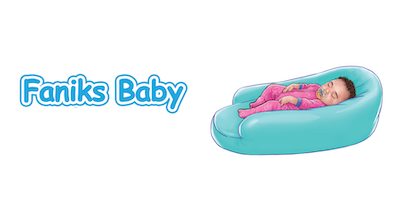Colic page
- Contact Us
- Terms & Conditions
- Refund Policy
- Privacy Policy
- Disclaimer
- Warranty Agreement
- Terms of Service
- Refund policy
Your Baby's Comfort is Our Mission.
© 2025 Faniks Baby.
Your Baby's Comfort is Our Mission.
© 2025 Faniks Baby.
